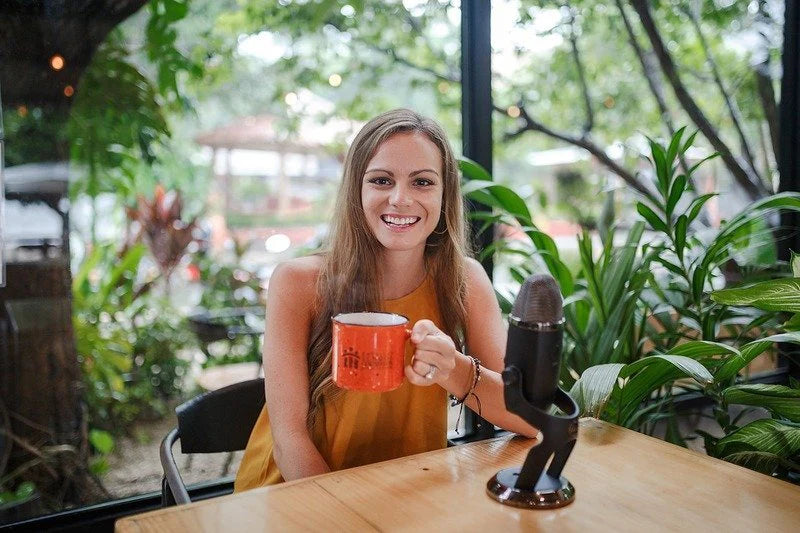4 Effective Ways to help K-2 Students build Social Skills
Enough has been said about the "learning lag" since the onset of the pandemic. While teachers and students had to suddenly embrace the world of digital learning, the one area that took the worst beating is social skills building and development, especially among the littles.
If you're among those counselors that are looking for simple but effective strategies to build social skills among K-2 students, here are a few interesting ways to go about it.
1. Incorporate Games
We're all aware that children learn through play and that play gives us an insight into our students' world. Be it structured or unstructured play, it is always great to see how children play independently and together. As students see more of each other in person and be in situations where they might need to share and take turns, there are countless opportunities to help them build social skills through play.
From charades and role-plays that are topic-specific to buddy-up scavenger hunts, lego, and cooperative board games and puzzles, never miss an opportunity to embed games in social skills teaching.
Running out of ideas for games? Check out my School Counseling Board Game Bundle.
2. Read Relevant Books
Read-alouds are my absolute favorite in all three tiers of counseling. If social skills/social fluency is your area of focus, you might be interested in looking for age-appropriate books that cover themes that include cooperation, friendship, conflict resolution, perspective-taking, and empathy. Make sure to choose inclusive books that depict characters of different nationalities.
Some of my favorite social skills related read-alouds include Making Friends is an Art by Julia Cook, The Sandwich Swap by Queen Rania of Jordan Al Abdullah, The Invisible Boy by Trudy Ludwig, The Kindness Quilt by Nancy Elizabeth Wallace, and Strictly No Elephants by Lisa Mantchev
Stories are a great way to get students to identify, learn, and understand the big concept, not just as part of your lessons/sessions but also when students are with their classroom teachers. Stories that focus on social skills are perfect to use during morning meetings/circle time. Social stories are an excellent option too!
3. Provide Explicit Instruction
While games and reading circles provide the opportunity for children to collaborate and interact, it is important to note that social skills need to be taught explicitly. Lessons on Active Listening, Friendship, and Conflict Resolution (Kelso's Choices) are an absolute must, in my opinion. You could incorporate read-alouds, games, and videos, to drive home the point. Check out this Class Lessons Bundle for Primary.
It is imperative to model what is being taught as well as to provide opportunities for your students to practice the skill that they've just learned. Make sure to have classroom/homeroom teachers follow up after your Tier 1 class lessons so students don't easily forget what you've taught them.
More often than not, you are going to have some students who might need additional support in building social skills. Based on referrals from teachers/parents, you can run a small group like Social Sleuths or Social Fluency.
Still others may need more help and you might have to see these students on an individual basis. Social Skills sessions like this would give you the opportunity to spend more time on different sub-skills.
Not very confident about delivering tier 3 social skills training to K-2 students? Unsure of age-appropriate yet effective activities to include in your one-to-one social skills sessions? My brand new K-2 Social Skills Individual Curriculum might be the solution you're looking for.
4. Encourage Participation in School-wide Activities
After being online for what seemed like forever, we are finally able to do things as a community. Coming together, irrespective of the reason, allows our littles the chance to interact and socialize in different contexts. Whether it's a Book Week, Sports Day, or celebrations for a national festival/holiday, providing young students with authentic experiences to build and maintain friendships is highly necessary. You would also be surprised at how differently they might interact when they are in a bigger group or around other students they might not necessarily know or be too familiar with.
How do you help your lower primary students develop social skills? What's worked and what hasn't quite? Let me know in the comments!
SHARE:












